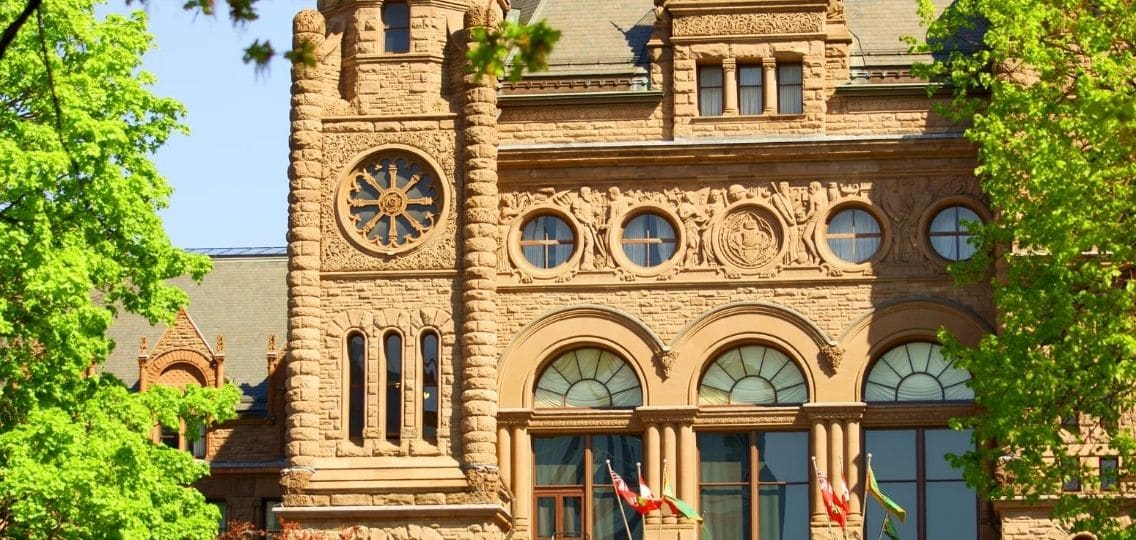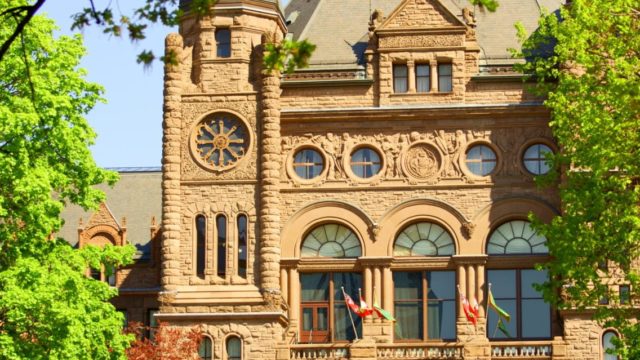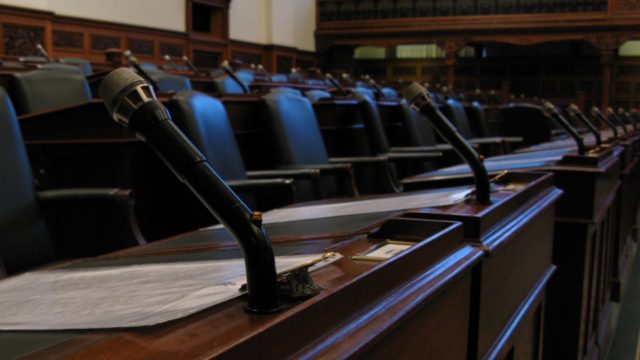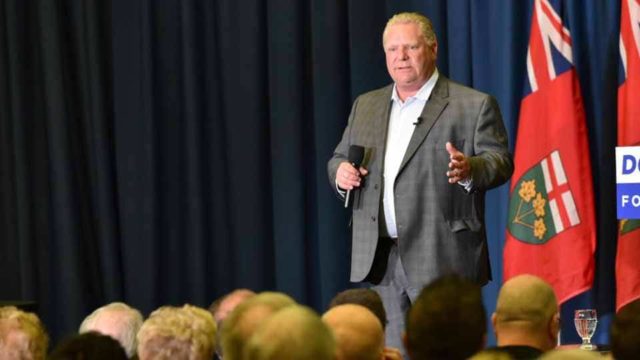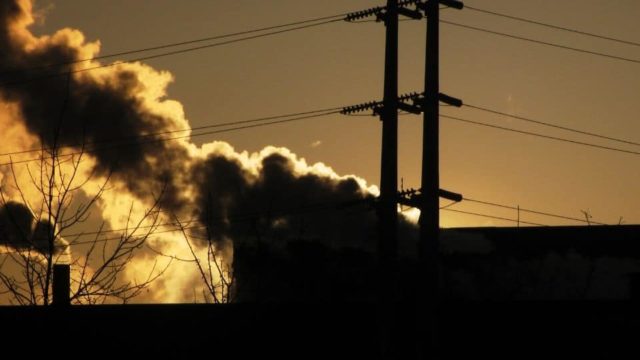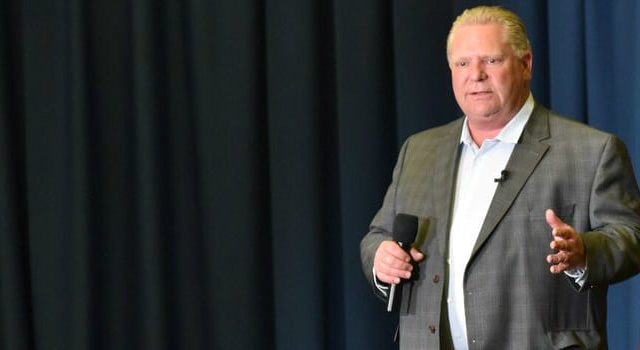Bill 197 (COVID-19 Economic Recovery Act) used the premise of economic recovery to tear up environmental protections and prevent Ontarians from having a say on major projects that impact their lives.
Introduced and passed in less than two weeks in July 2020, the omnibus bill made major changes to the province’s Environmental Assessment Act (EAA), the Planning Act and other environmental laws. As part of Bill 197, the government also retroactively exempted itself from having to consult about the changes to the EAA.
Although the province’s Environmental Bill of Rights (EBR) gives Ontarians the right to participate meaningfully in major environmental decision-making, the Ontario government failed to consult the public about these and other parts of Bill 197, including expanding the power of the Minister of Municipal Affairs and Housing to fast-track development projects through Minister’s Zoning Orders (MZOs).
This conduct shielded Bill 197 from public scrutiny and the government from public accountability. It continued this government’s pattern of disregard for Ontarians’ environmental rights.
Ecojustice, on behalf of Greenpeace Canada and Wilderness Committee, brought a lawsuit challenging the provincial government’s failure to give Ontarians a say before ramming through these major changes. We argued the case before Ontario’s Divisional Court in May 2021.
In September 2021, the Divisional Court ruled that Minister of Municipal Affairs and Housing Steve Clark acted “unreasonably and unlawfully” by failing to consult the public before rushing through changes to the rules governing minister’s zoning orders (MZOs).
However, the Court ruled the government acted lawfully even though it did not consult the public before making changes to other legislation. In particular, it ruled that the government’s decision to retroactively absolve itself from having to consult before making changes to the EAA was lawful.

